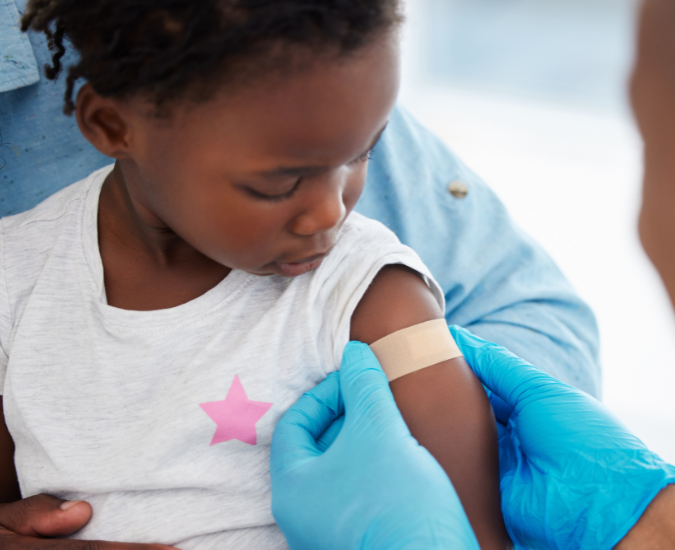The big picture: Through the four-year, $4 million grant, announced in 2020, UC San Diego School of Medicine launched the Child and Adolescent Psychiatry Inclusive Excellence Program (CAPIE), an innovative approach to building a more diverse child and adolescent psychiatry (CAP) workforce.
The impact: The CAPIE program offers novel learning opportunities, individualized mentorship, pre-clinical courses and financial support for participating medical students.
Based on a survey conducted by UC San Diego, 87% of all students who engaged with the CAPIE program were more likely to pursue child and adolescent psychiatry as their medical specialty because of their experience in the CAP Inclusive Excellence Program.
Highlights include:
Summer immersion program to expose medical students to child and adolescent psychiatry and encourage further study in the field. More than 25 UC San Diego medical students have completed the program.
Child and Adolescent Psychiatry year-long exposure program for medical students and residents that includes pediatric mental health workshops, mentorship, scholar projects and youth mental health-focused community collaboration opportunities. The program has helped more than 50 medical trainees gain valuable workforce experience.
The CDC estimates 1 out of 5 children experience a mental illness in a given year. However, only half of children and adolescents with diagnosable mental health conditions receive the treatment they need, according to the U.S. Department of Health & Human Services.

Why California?
According to the American Academy of Child & Adolescent Psychiatry (AACAP), California has a mental health worker shortage
Between the lines
According to the 2022 America’s Health Rankings Health of Women and Children Report
The teen suicide rate increased 29% at the national level between 2012-2014 and 2018-2020, from 8.4 to 10.8 deaths per 100,000 adolescents ages 15-19.
Anxiety among children ages 3-17 increased 23% between 2017-2018 and 2020-2021, while depression increased 27%.

Health equity in action
This relationship showcases an emerging model of collaboration between higher education and health systems to make the health system work better for everyone.
UnitedHealth Group is committed to advancing health equity by helping to build an inclusive, skilled mental health workforce that reflects the changing social, racial and economic demography of California’s children, youth and families, and helps address the state’s shortage of mental health providers.
Ultimately, our investment in a more diverse health care workforce that better reflects our society and is prepared to provide culturally competent care to all patients can help reduce disparities in health conditions, experiences and outcomes.
Learn more about our longstanding commitment to advancing health equity in our sustainability report


Share This Story